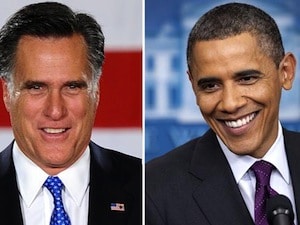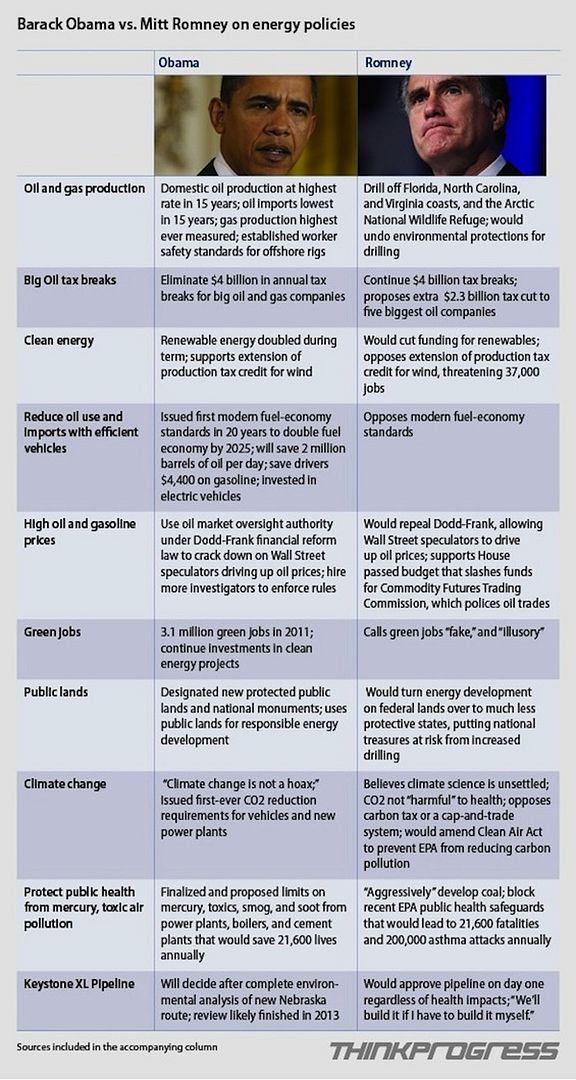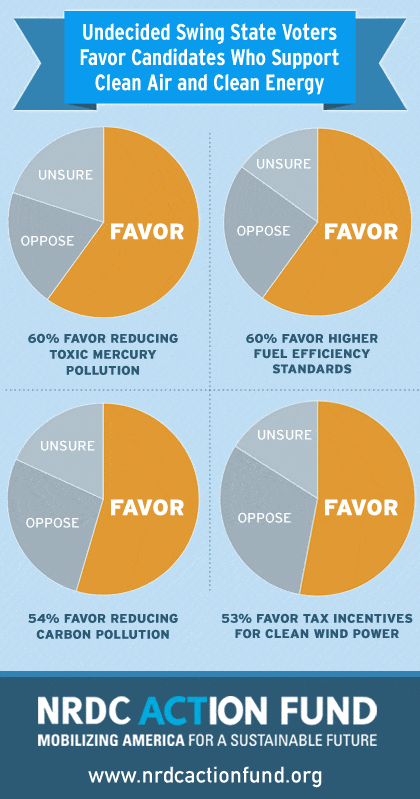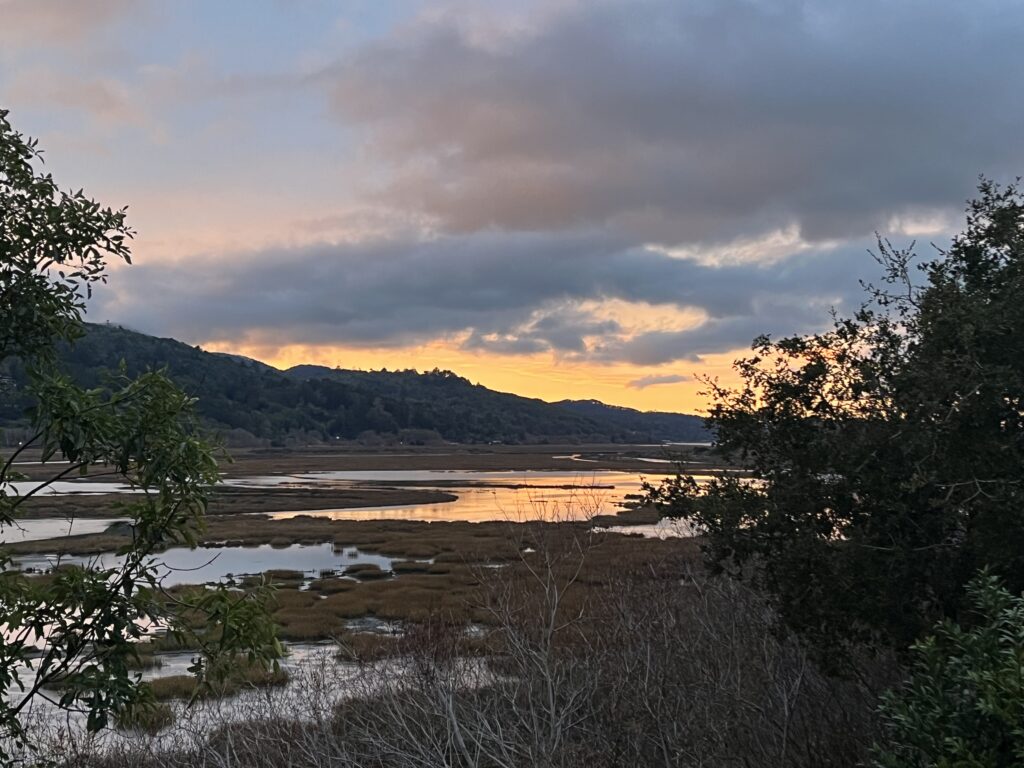With only a few weeks left for American voters to decide between President Barack Obama and Republican challenger Mitt Romney, more and more attention is being paid to the candidates’ respective energy policies.
We’ve reported in recent months that Mitt Romney has stacked his energy team of advisors with dirty energy industry insiders and lobbyists, which gives us an idea of how he would run the country. With Obama, we have the benefit of using the past as an example of what to expect in the future.
But both candidates are now in a position where their current proposals and policy ideas are being shown to the public, so let’s break down what each presidential candidate says they will do with regards to energy and the environment, if elected.
Think Progress has put together a great side-by-side comparison of the two candidates, which gives us a very clear picture of where each candidate would take the country:
All of the sources for the above information are available at Think Progress.
The chart above shows us that Mitt Romney would continue the same failed policies of the former Bush administration, while Barack Obama hopes to bring our energy infrastructure up to speed with renewable energy. However, President Obama’s track record has been less than stellar on issues involving energy and the environment, and any rhetoric from either candidate should be looked at somewhat skeptically.
But the real question is how the goals of the candidates will sway undecided voters. Several months ago, polls showed us that Americans were not very concerned about environmental issues in this election, but emerging polls show us that undecided voters DO consider a candidate’s position on issues like energy and the environment.
The NRDC Action Fund recently conducted a poll of undecided voters in swing states, and they found that undecided voters will overwhelmingly support a candidate that supports clean, renewable energy projects:
The numbers aren’t favorable for Mitt Romney, who has shifted his environmental positions to a more extreme, dirty energy-friendly platform compared to when he was governor of Massachusetts.
But the NRDC Action Fund poll found even more relevant information that could spell doom for the Republican Party:
By a margin of 72 percent to 14 percent, undecided voters agree that the EPA should protect “the air we breathe and water we drink” with “safeguards that hold corporate polluters accountable.” Among likely voters, the margin is 74 percent to 18 percent in favor of EPA’s role.
By a margin of 68 percent to 17 percent, undecided voters support disclosure of chemicals used in fracking. Among likely voters the margin is 69 percent to 21 percent in favor of disclosure.
The Republican Party has been campaigning for over a year on the promise to “dismantle the EPA,” and they have fought hard in Washington to prevent any legislation that would tighten the regulatory actions against fracking companies. This may not sit well with indecisive voters.
Fortune Magazine has also addressed the big energy issues, discussing the candidates’ plans and determining which industries would thrive best under each administration. For Fortune, the main focus was on job creation within the energy sector.
Fortune concludes that a Romney presidency would greatly benefit the oil and nuclear industries, due to a potential reduction of federal oversight. When it comes to addressing climate change, they say that Obama would be more likely to take the issue seriously, but that the gridlock in Washington, D.C. would likely prevent any real reforms from taking place. Other than that, they conclude that both fracking and coal would see little difference in their operations, regardless of who is elected.
The presidential debates also told us a few things about what to expect from both candidates as far as energy policy, and neither should make American voters feel very secure about our energy future.
During the second presidential debate, the topics of energy production and energy sources were a source of much contention between the two candidates, with both Mitt Romney and Barack Obama arguing over who would allow more drilling on U.S. soil, on public lands, and in our waters.
As Think Progress pointed out, not once during the exchange did the word “climate” or the concept of “climate change” creep into the argument. And at this point, you simply cannot discuss energy production without factoring in climate change.
Additionally, neither candidate thought it was necessary to bring up a massively important issue – the BP oil disaster that devastated the Gulf of Mexico. This is another issue that must be taken into account when we discuss drilling on every available piece of land and in U.S. coastal water bodies. Both candidates failed to bring up that salient point.
Here’s the problem with both Obama and Romney – they are too inconsistent on their energy issues. Romney’s actions (good actions) during his tenure as governor of Massachusetts don’t match his rhetoric today; and Obama’s rhetoric before being elected in 2008 doesn’t match his actions since taking office. Sadly for voters, this leaves them without a clear choice from the two major parties in this election, and that is a serious problem for our environment and the public health.
Subscribe to our newsletter
Stay up to date with DeSmog news and alerts









